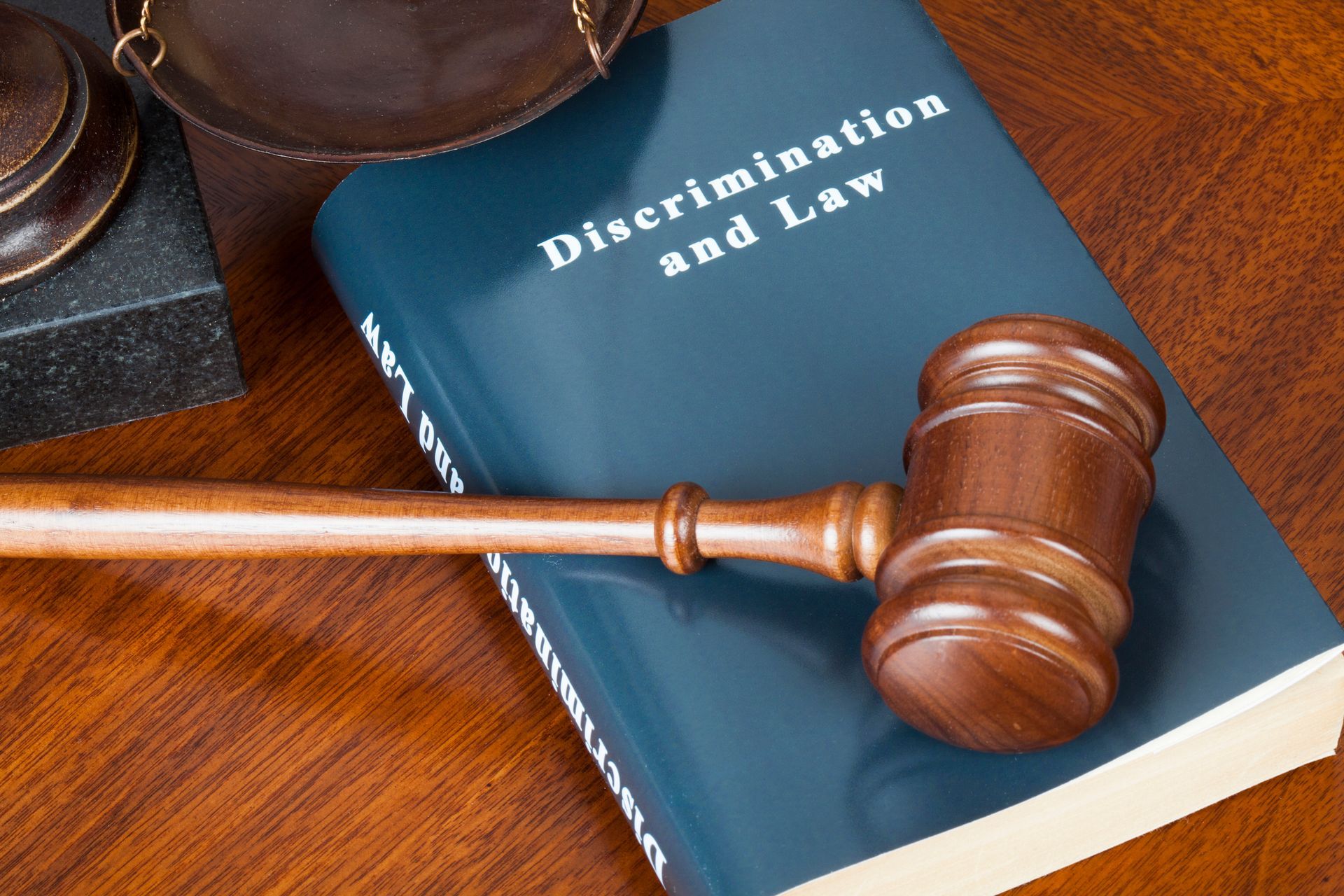Are You a Victim of Pregnancy Discrimination? Signs to Watch For

Have you recently become pregnant? Under laws like the Pregnancy Discrimination Act and Family and Medical Leave Act, you may have protection for your specific pre-natal and post-natal condition. If you feel that you have faced discrimination due to your pregnancy, know the signs to watch for.
You Have Been Fired From Your Job
Did your company let you go as soon as the management learned you became pregnant? This suspicious timing means you should explore a case made possible by the Pregnancy Discrimination Act. While a company may give another reason for the firing, if you suspect the termination decision was due to your pregnancy, you should consult an attorney about pursuing a pregnancy discrimination case.
You Have Been Asked to Take a Leave of Absence
Did your company ask you to take an extended leave of absence until your baby is born? While you may choose to take a leave of absence yourself, your company can’t force you to leave your job until your pregnancy is done. You are allowed to stay until you can’t reasonably do so due to your condition.
You Have Been Refused Time Off
Alabama currently has no law in place for pregnancy leave. However, if your pregnancy requires you to take time off, then you should be able to take time off with the Family and Medical Leave Act. While the FMLA only requires companies with fifty or more employees working within 75 miles of one another to provide unpaid time off, you are often able to take up to 12 weeks off as necessary. As this act does have specific requirements that you have to affirmatively take (such as certifications from healthcare provider), ensure that your company falls under and follows FMLA law.
If your company is covered by the FMLA and still refuses adequate time off for things like medical appointments relating to your pregnancy, childbirth, or care for a new baby, you might have a case for pregnancy discrimination.
You Were Demoted
If your condition still allows you to perform the same functions as you would while not pregnant, but your company demoted you as a result of your pregnancy, this can be discrimination. As a demotion can impact you financially, you should be entitled to the same duties and monetary payment. What defines a demotion differs, but often, you might work fewer hours or have lighter duties that constitute less pay.
You Weren’t Promoted
Conversely, sometimes you may not receive a promotion due to your condition. Since you should not receive different treatment from other workers, being passed over for promotion after management learns about your pregnancy can be a sign of pregnancy discrimination. A lack of a promotion can mean missed opportunities for advancement and higher pay. An attorney can help you pursue a case if you could have adequately received a promotion during your pregnancy.
You Don’t Receive Adequate Accommodations
Pregnancy can sometimes bring with it certain disorders, such as gestational diabetes. These disorders might require adjustments at work to ensure your health and safety. If your company refuses to provide these adjustments, such as a better chair or additional breaks, then you might be a victim of pregnancy discrimination. These adjustments are usually minor and allow you to continue working the same as if you were not pregnant.
You Are Not Allowed to Nurse Your Child
Did you receive harassment in wanting to or outright refusal to nurse your newborn child? While this is after a child is born, this can still fall under pregnancy discrimination laws. Federal law allows for a new parent to nurse their child at their places of employment. If nursing your child becomes difficult to do because of harassment or discrimination in any form, you can often pursue a pregnancy discrimination case.
Allen D. Arnold Attorney at Law can help. We are dedicated to protecting all workers from discrimination, including those who become pregnant. When you visit us, we will evaluate your case, educate you on your rights, and help you determine the best course of action. Contact us today to schedule your free consultation.
Alabama Rules of Professional Conduct Notice: No Representation is made that the quality of legal services offered is greater than that of other lawyers. The information contained on this website is not a substitute for legal advice, and reading it does not create an attorney-client relationship."









